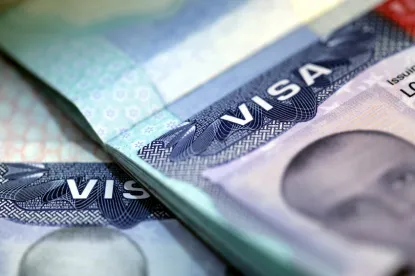The U.S. Customs and Border Protection agency has released answers to Frequently Asked Questions on the Electronic Visa Update System (EVUS), a secure online system for nationals of China using a 10-year business or tourism visitor visa (B-1/B-2, B-1, or B-2) to enter the United States. Beginning in November 2016, such travelers will be required to enroll in the EVUS system in addition to possessing a valid visa in order to gain admission to the United States.
This is a new requirement that is part of the relatively recent agreement between China and the United States to issue visitor visas with a 10-year validity based on a reciprocal basis. It is expected that additional countries will have a similar requirement in the future.
Chinese nationals (including travelers from Taiwan, Hong Kong, and Macau who are traveling on a People’s Republic of China passport) seeking to visit the United States must complete the form, which will have a nominal enrollment fee, with their basic biographic information. A third party may submit the form and/or pay the fee on the traveler’s behalf, but the foreign national is responsible for the form’s accuracy.
All travelers to whom the requirement applies, including current visa holders and new visa applicants, will be required to enroll in EVUS to use their visas after the system is established in November. Enrollment will remain valid for two years or until the traveler’s visa or passport expires (whichever is earlier); the traveler will then have to update the information in the EVUS system before traveling to the United States again. If the traveler does not comply with EVUS requirements, it is likely that travel plans will be delayed.


 />i
/>i
